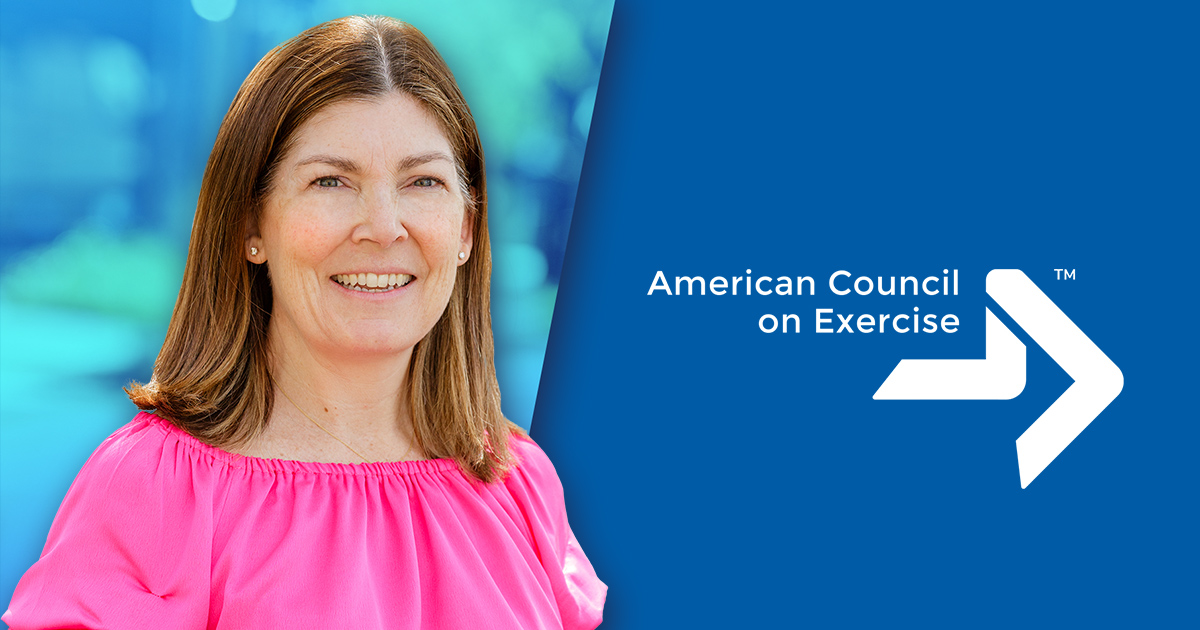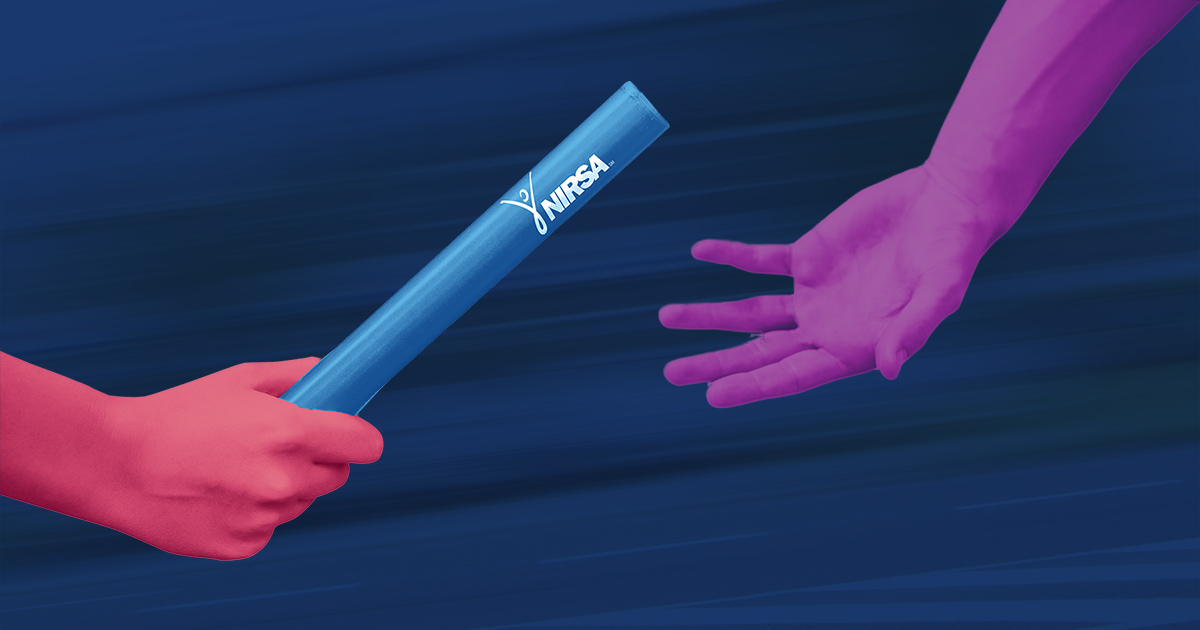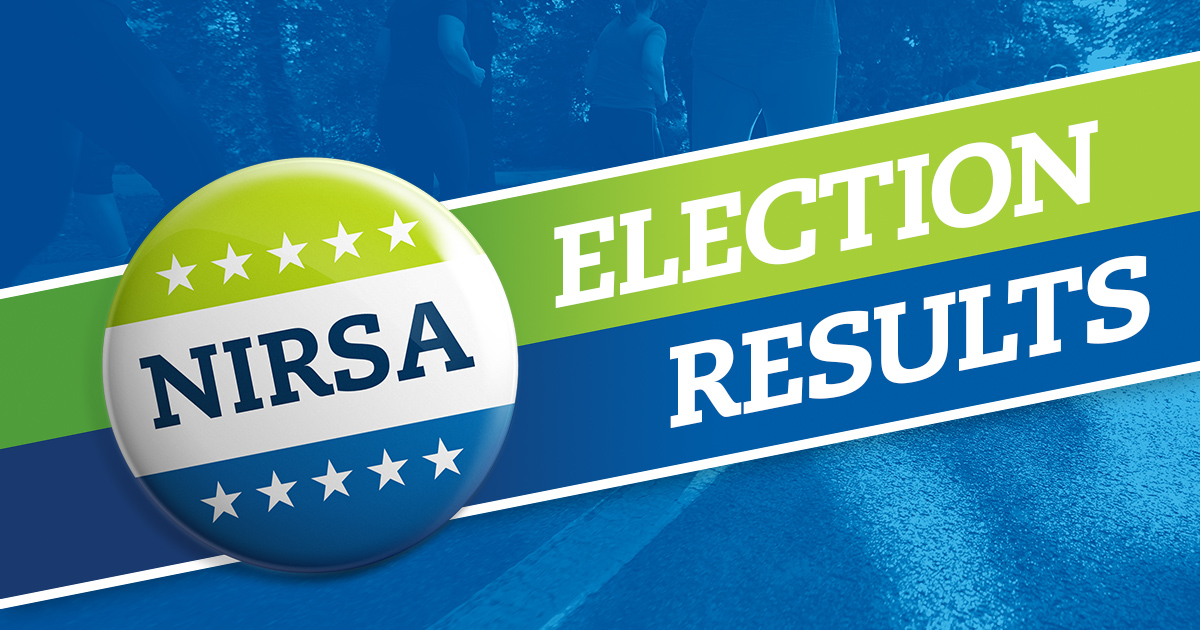By Kimmi Sterner, 2014-2015 NIRSA Student Leader
Stress. We all have it, we all have different ways of dealing with it, and we all know that it’s not very good for us. However, there are two kinds of stress: eustress and distress.
Eustress happens when you’re excited—like the first-date jitters. You’re stressed, but in an excited way. Then there’s distress. Distress is heading to the rent office five days late to drop off your monthly check when you haven’t gotten paid yet and you’re debating not buying food at all that week or living off Ramen noodles. Both types of stress give you a little pit in your stomach and occupy the spaces in your mind for what can feel like forever. In all honesty, there’s only one difference between these two kinds of stress: your outlook.
Things that cause you distress are usually paired with a negative attitude. No one heads to the rent office with a smile on their face, excited to see their money magically disappear from their account. That’s not saying that we’re ungrateful for the roof over our heads, but it’s not easy to be positive when your hard-earned money is gone in minutes. On the other hand, the first-date jitters are accompanied with a positive outlook, the possibility that the date will go extremely well, and wonderings about whether the other person feels the same way about you. It’s fun; you’re excited, giddy, and hopeful.
When we’re stressed, our bodies cue the “fight or flight” response. This comes from way back when we had to fend for ourselves in the wild. It’s natural. My advice, however, is to not let that “fight or flight” response negatively affect your interactions with the people around you.
Instead, let it do the opposite: when you’re stressed, turn to someone you care about and who cares about you. This doesn’t necessarily mean you need to talk about what you’re stressing out over with this person. For example, just a walk in the park with my best friend completely clears my head. So does sitting in the living watching a movie while making fun of the predictable and clichéd moments with some of my favorite people.
We tend to let our stress affect us in negative ways. We fight the stressful feeling instead of embracing it as a learning opportunity. Sometimes we isolate ourselves and wallow in our stress-induced depression instead of looking to others for help or taking action that will allow us to feel better—which is what we really deserve.
I know this time of year—with school starting back up and our facilities becoming completely packed with New Year’s resolutioners—can be ridiculously stressful. But don’t complain or let the stress swallow your ambition. If you’re becoming overwhelmed with the classes you’re in this semester, turn that stress into excitement for the new skills you’re going to learn and which you’ll be able to apply to your career. If you’d like a more in-depth look at how to go about doing this, and to learn more about the surprising complexities of stress, I highly recommend checking out Kelly McGonigal’s “How to make stress your friend” TED Talk:
There’s always a way to turn distress into eustress. Keep your positivity. Eustress motivates you and focuses your energy. We embrace and use the benefits of eustress every day—but generally for other people. Now it’s your turn to use it for yourself. We are hard-wired to deal with everything we experience; you are never alone without the skills to cope with your difficulties. Instead of worrying about the outcome of a stressful situation, embrace the journey. The joy is in the journey.







